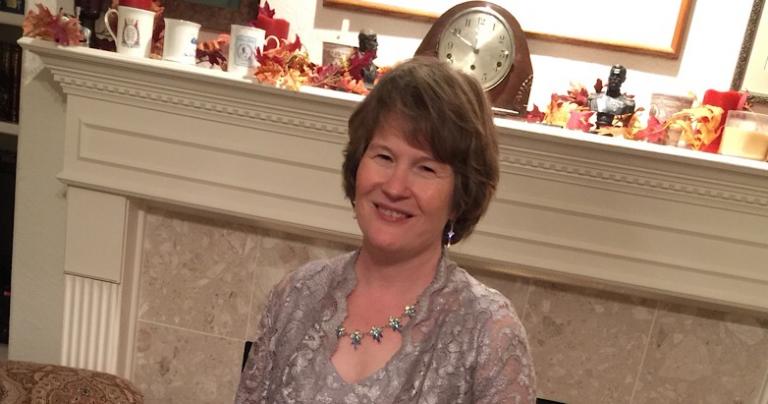 ”She,” a friend noted, “is going out with you out of pity.”
”She,” a friend noted, “is going out with you out of pity.”
This was fine. I had a chance and I intended to take it. After all, one evening was better than no evenings. One Chinese dinner with Her was better than a can of sardines at home without Her.
Those were the options and pity was fine with me. I was in fact pitiable, having failed my romantic ideals. You can tell a romantic that he should not aspire for absolute romance, but since you are wrong, this will not work. How much should we love? We should love absolutely.
That does not mean we know how. I certainly did not: too much I called love was just desire mixed with selfishness. When you learn the nature of romance, desire changes and finds a subordinate place to love. Selfishness has no place at all.
Only people who need nothing, the strong, scorn pity. Romance hopes for pity, because no man in love assumes he is worthy of the beloved. This is true, even (as was never true of me) when he is superior in most ways to the person he loves.
If you want to love, really love, then failure is obvious. Love fails the moment we turn inward and away from the beloved. Anybody can try to score, but to love and be loved is not a game and as a result cannot be won. A relationship, deep, satisfying, and good knows nothing of equality, because people are no more numbers than relationships are games. The beloved is as she is and that is what I should love if I wish to love her . . .
Love is even more complicated, because the lover must love what the beloved should be and not just what she is. No romantic can say: “I love you just the way you are.” That is the pathway to abuse. Instead, the lover sees what the beloved is becoming and loves that person in process. The lover would never give the lover power to hurt his or her soul by allowing violence.
“No, I love you too much to stay,” she would say if he hit her or was otherwise insufferable. The risk of absolute romance is that it will say goodbye to help the beloved. The foolish false romantic wants the total oneness that destroys the other, the beloved, in what usually amounts to subordination to the stronger personality. If I love what is good in her, beautiful in her, true in her, then my goal is to encourage more.
There is an obvious caution. Loving what should be can be another form of manipulation, a merciless judgmentalism with no room for pity or repentance. This is why the beloved community is necessary. Only two are married, but they must be in a healthy church, social, and family community. My mom has helped me be a better husband by pointing out my controlling nature or where my depression is sending me astray into mere endurance. My pastors have guided us away from all the tricks that less-than-love plays to get the true romantic to turn to something less.
The extended family with the great love there is one check to going wrong. The church with global connections broadens us. Our friends and social networks check anything that is ingrown in either the extended family or the church. If we want love, then we will err, repent, and keep going.
Pity will give us a second chance, just a bit before we earn it. The Father saw the Prodigal a long way off, but Father did not run to the pig stye and short circuit the acts the prodigal had to make that showed repentance. Pity sees sincerity and real change and has mercy.
As for the pity date?
Gentle reader, she married me.











